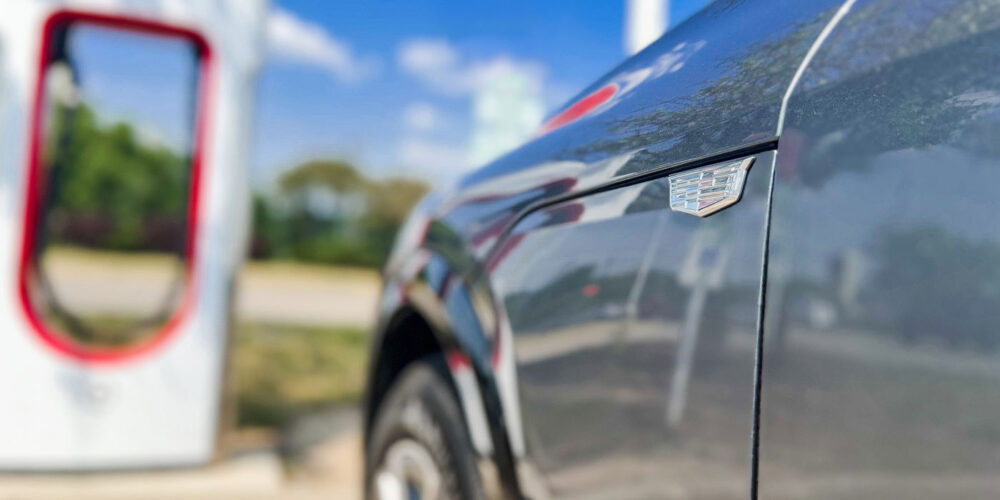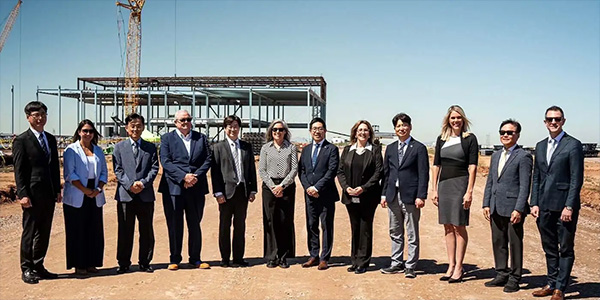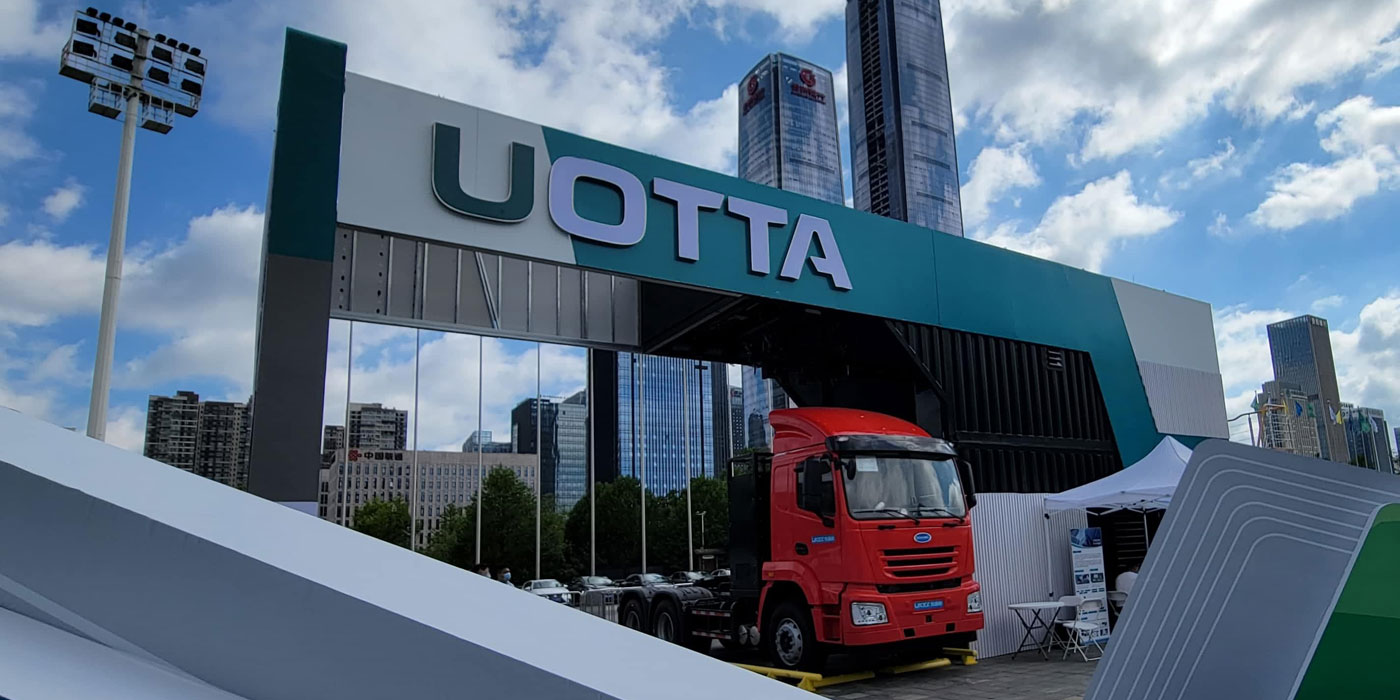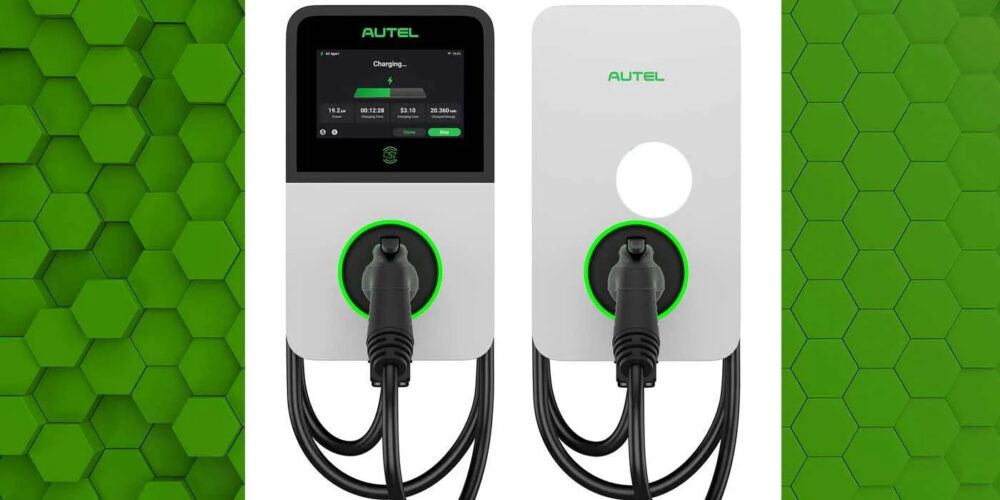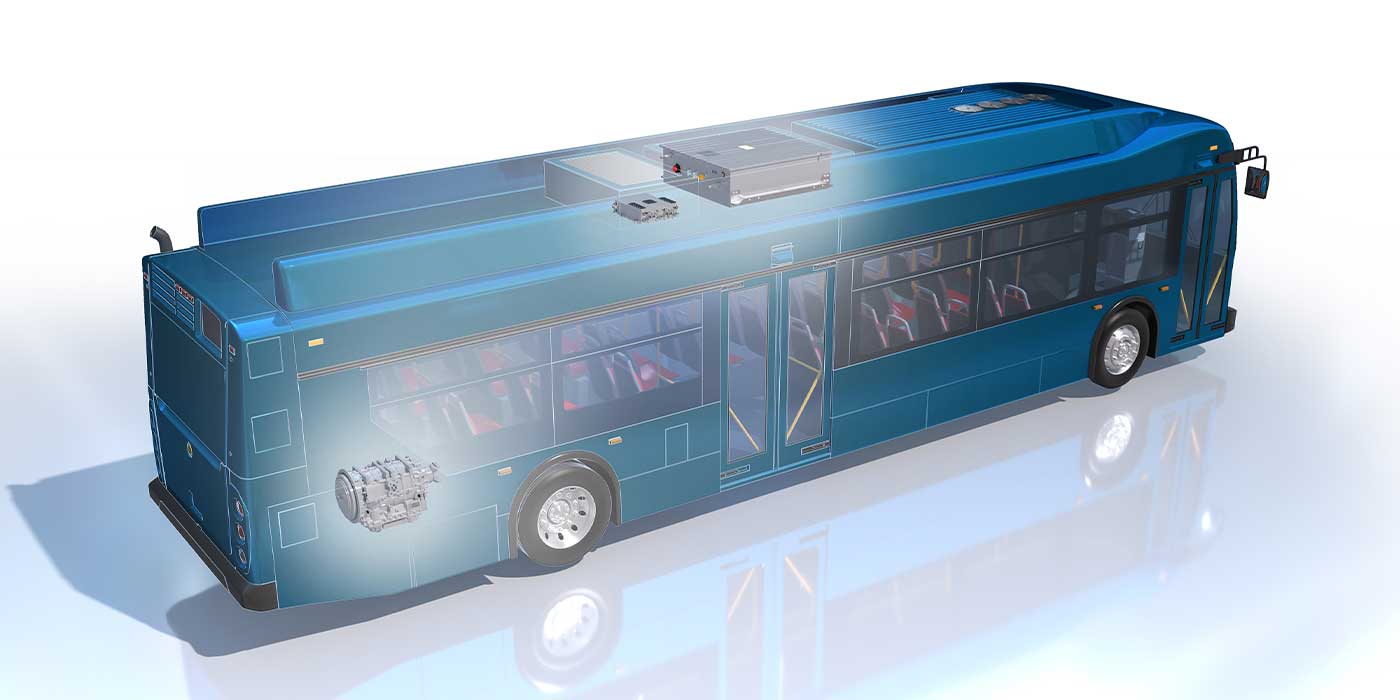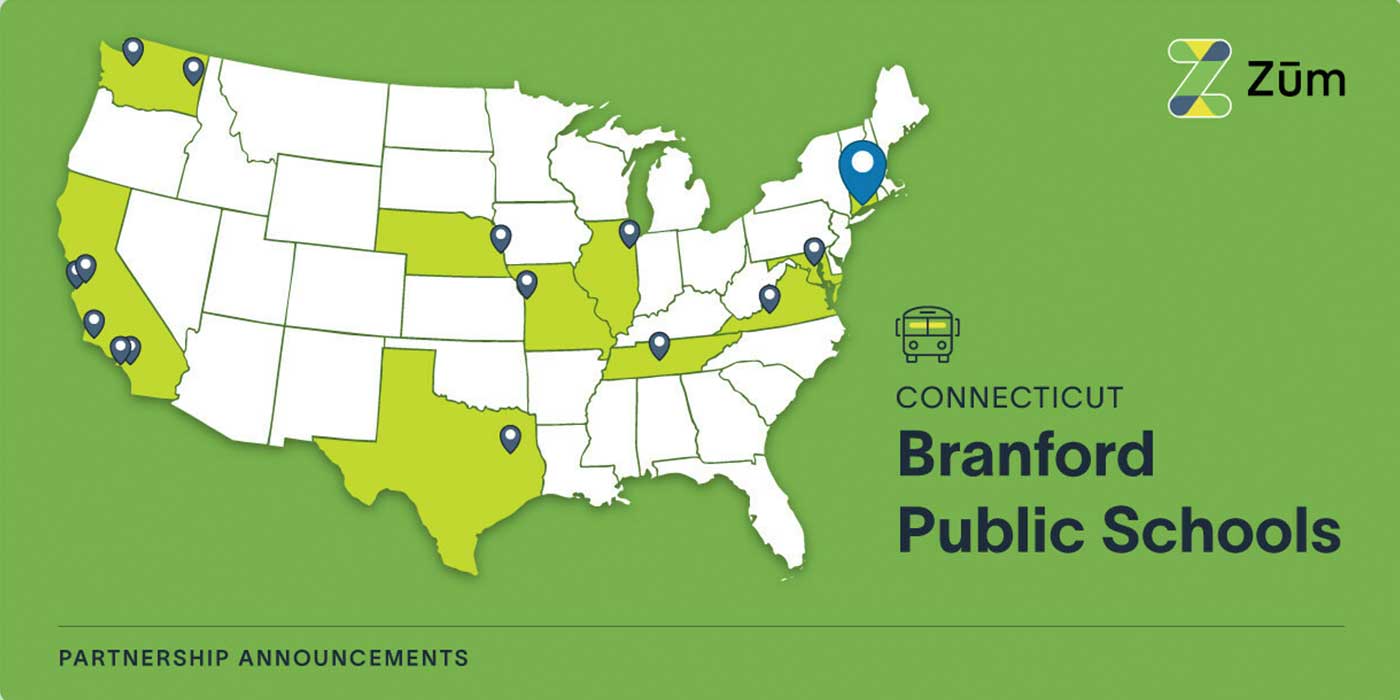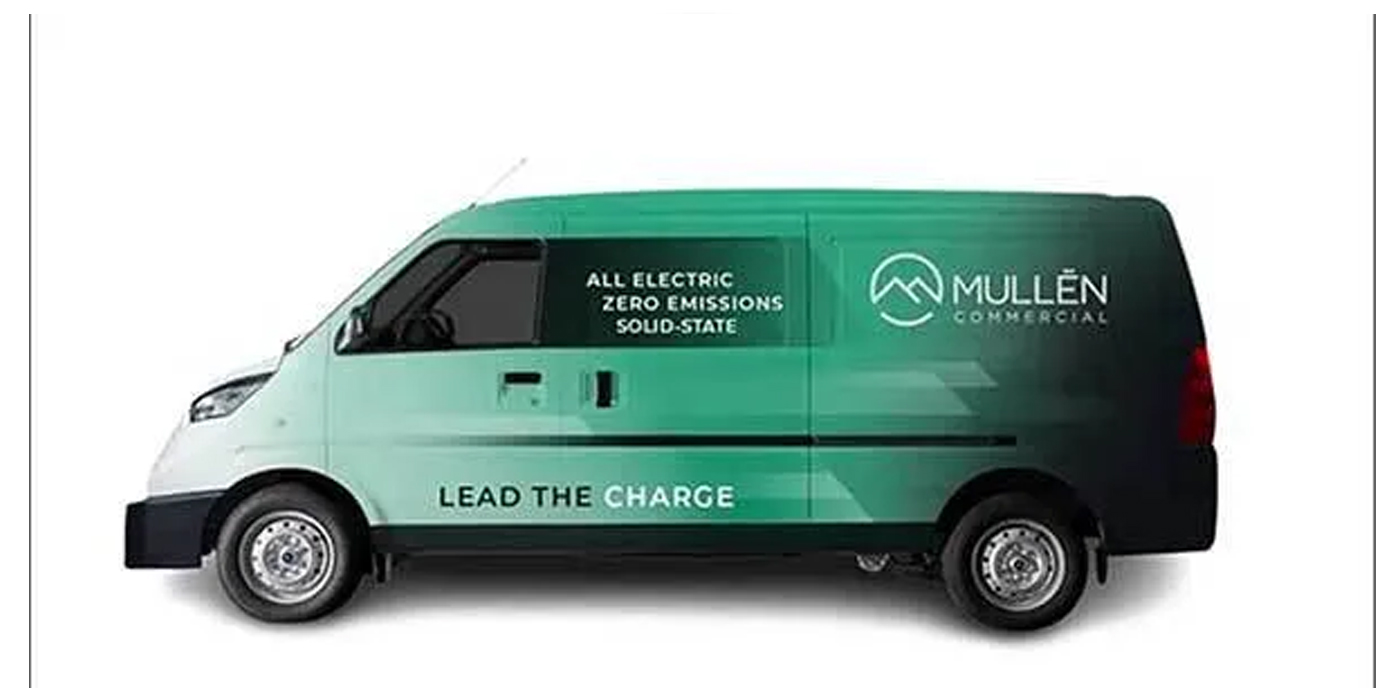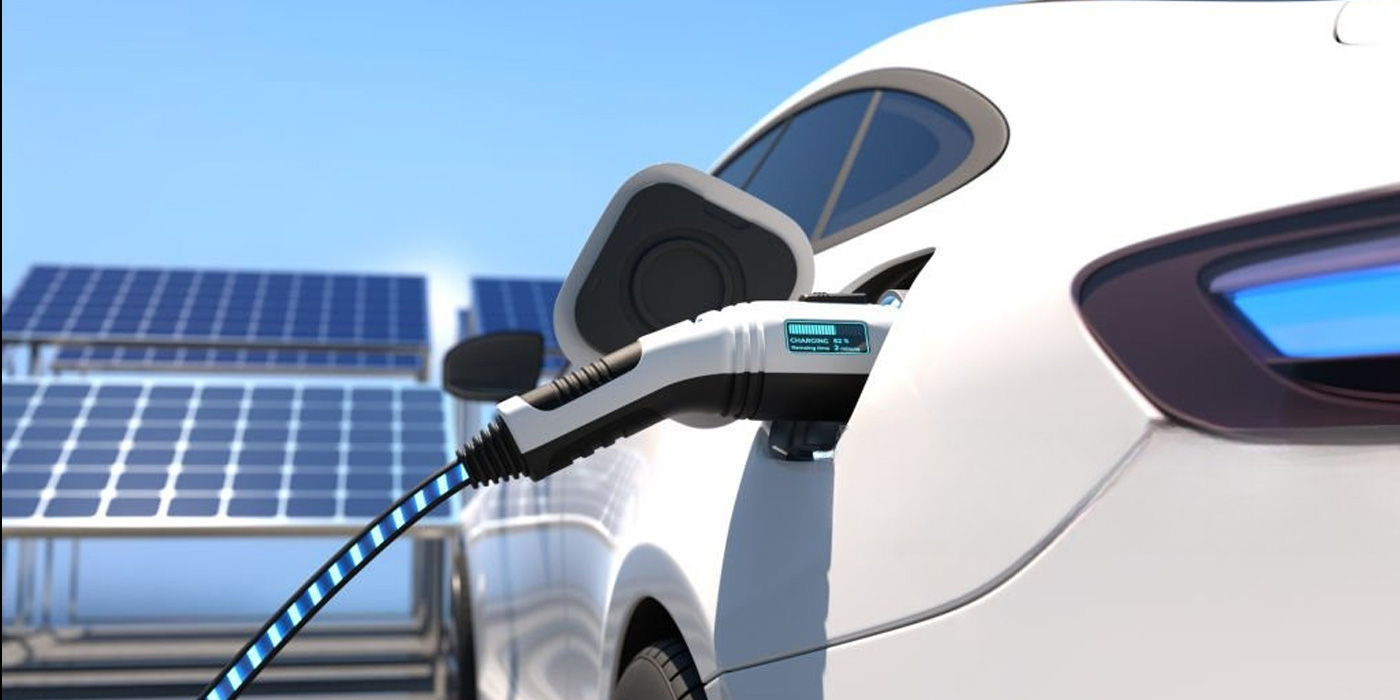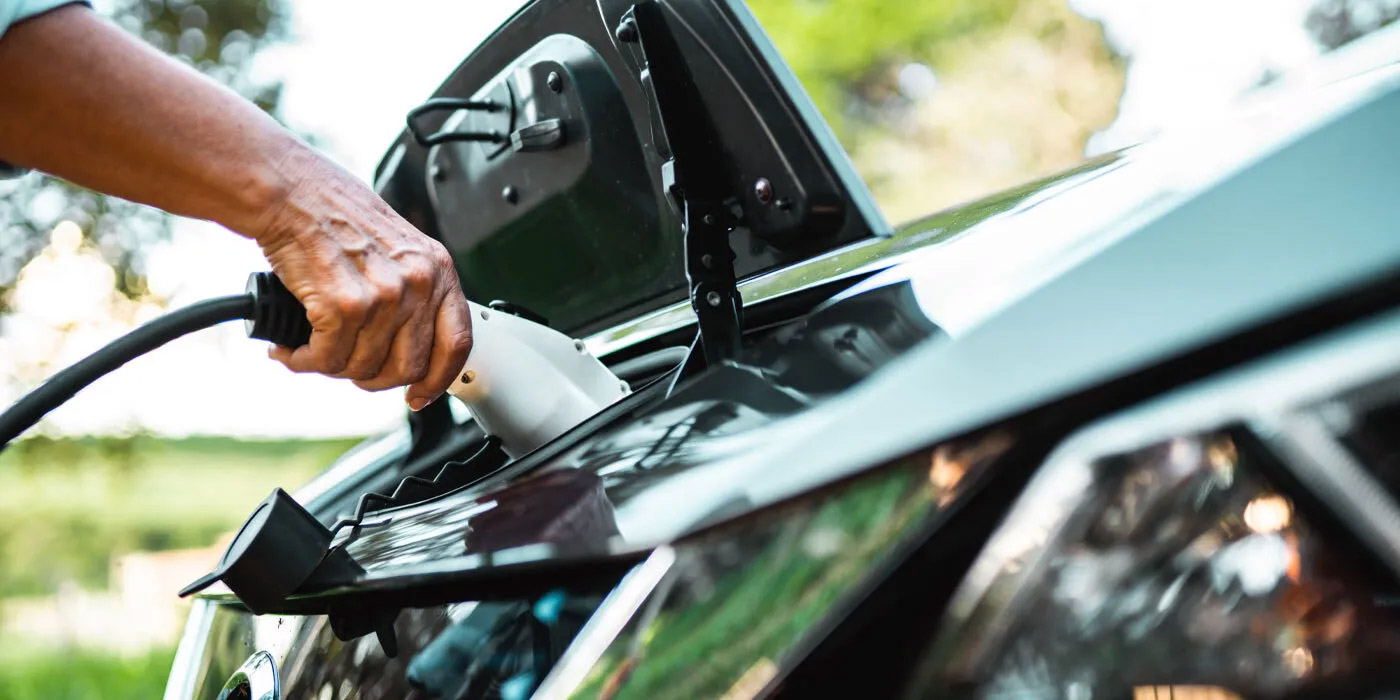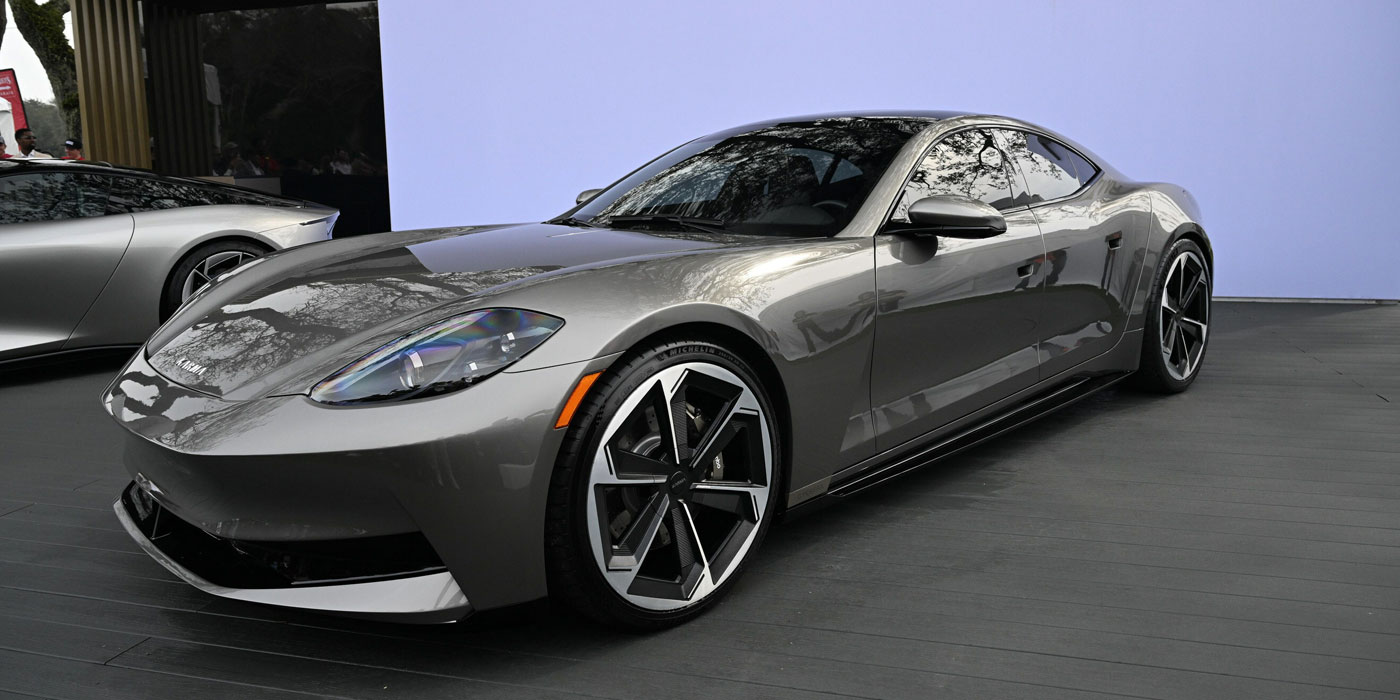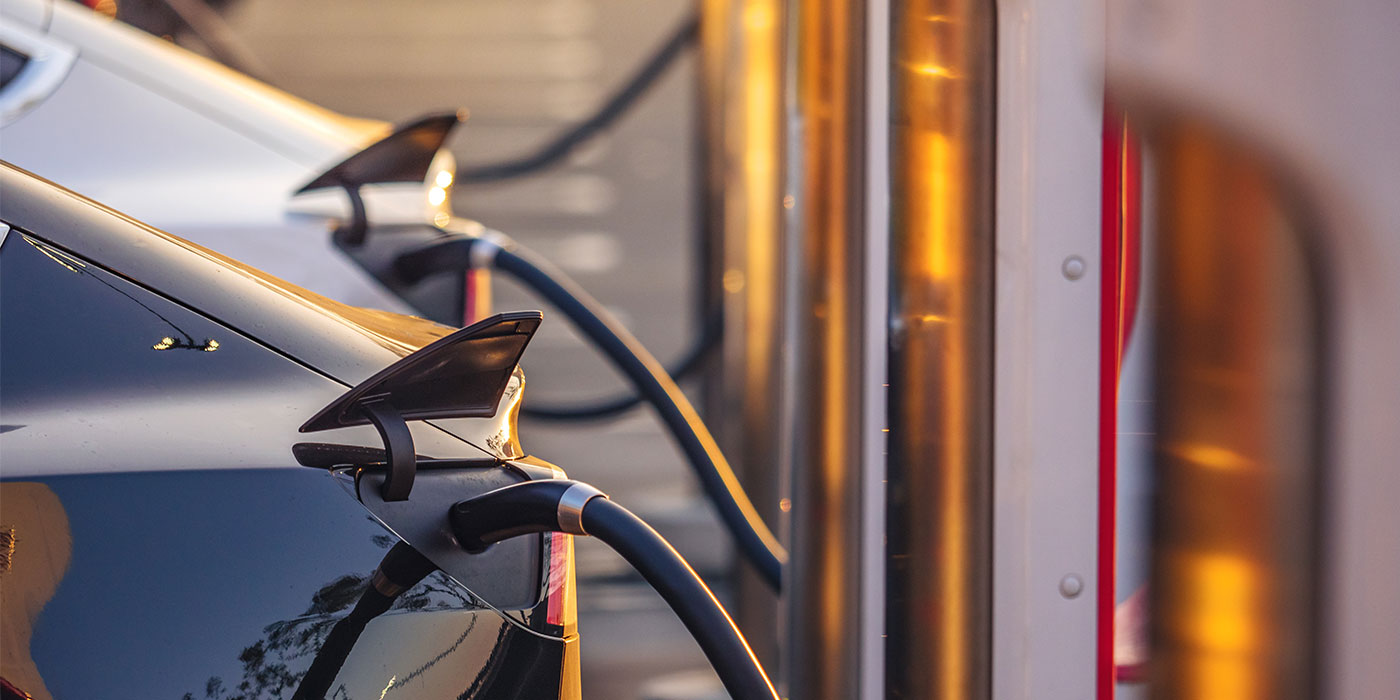General Motors announced a collaboration with Tesla to integrate the North American Charging Standard (NACS) connector design into its EVs beginning in 2025. Additionally, the collaboration will expand access to charging for GM EV drivers at 12,000 Tesla Superchargers throughout North America. GM EV drivers currently have access to more than 134,000 chargers through the company’s Ultium Charge 360 initiative and mobile apps.
Late last month, Ford EV drivers also gained access to Tesla’s Supercharger network.
The Tesla Supercharger network will be open to GM EV drivers starting in 2024 and will initially require the use of an adapter. Beginning in 2025, the first GM EVs will be built with a NACS inlet for direct access to Tesla Superchargers without an adapter. In the future, GM says it will make adapters available for drivers of NACS-enabled vehicles to allow charging on CCS-capable fast charge stations.
GM will also integrate the Tesla Supercharger Network into its vehicle and mobile apps. This will complement the charging experience at the growing Ultium Charge 360 Network of charging stations, as well as additional charging stations GM makes available through existing integrations with other charging networks, the company says.
GM continues to work with others in the industry to accelerate the installation of home, work and public charging as part of its Ultium Charge 360 initiative. This includes collaborations with Pilot Company and EVgo that will add more than 5,000 DC fast chargers to the nearly 13,000 existing DC fast chargers in North America, as well as the deployment of community chargers throughout the U.S. and Canada, the company says.

